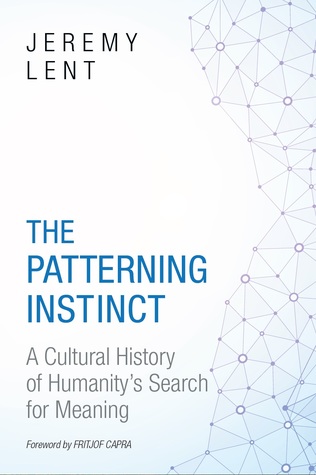Ashoka did not believe in relinquishing power itself but rather in using it to promote an enlightened set of values, an approach that was not unique to him but imbued in his culture. During the reign of his grandfather, a classic of statecraft named the Arthasastra was written, which advises how a ruler should treat nations conquered in battle. “Having acquired new territory,” it declares, “the conqueror shall substitute his virtues for the enemy's vices and where the enemy was good, he shall be twice as good.
Welcome back. Just a moment while we sign you in to your Goodreads account.


